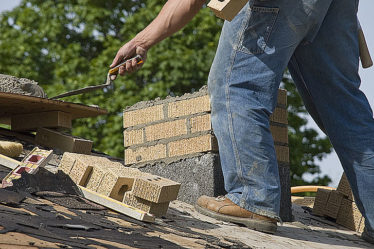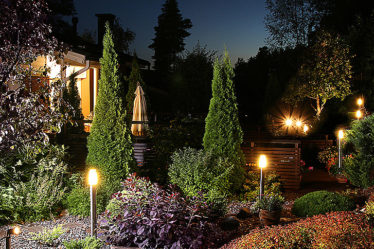
Pool filters are like the kidneys of your swimming pool. While this might not sound pretty, it’s obviously true. You can definitely use chlorine and other sanitizers to kill the bacteria in the pool water, it is the filters that actually remove them from the water. If you have no filters in your pool, it will start becoming cloudy and dirty over time, and that’s not what you’d expect your swimming pool to look like. If you have spent money on swimming pool builders and materials, you need to spend some on pool filters also.
So, choosing the best filter for your pool is very important. But keep in mind that cheaper options won’t provide you with the best performance, and price is certainly a factor to consider. Ideally, you’d want pool filters that can easily trap all the contaminants, can be easily cleaned, and can last you for a long period of time. But to make the best pool filter purchase, you’ll first have to know about all the options that you’ve got.
Types Of Swimming Pool Filters
You must know about all the available options if you’re looking to buy the best pool filters. There are three different types of pool filters that you can choose from. Here are these three types.
- Sand pool filters
- Cartridge pool filters
- E or Diatomaceous Earth pool filters
Keep in mind that the cleaning process also depends on the type of pool filter you choose for your pool. It’s better than you get recommendations of a pool filter from the masonry contractor who built the pool.
Below mentioned are short descriptions of all of these three pool filter types.
Sand Pool Filters
Sand filters are the best choice for those who don’t want to spend a lot on their pool filters, and don’t want to spend a lot of their time on maintenance either. Since sand filters last for a long time and don’t clog easily, they are suitable for use with large pools.
In this setup, the pool pump, after pumping the water, will push it through a tank full of sand (your sand filter). Special #20 silica sand is used for filtration purposes. So, this sand can only trap particles that are at least 20 microns or larger. Anything smaller than this will basically pass through the sand filter uninterrupted.
Every sand particle has rough edges all over it on a microscopic level. These rough edges help the sand particles in grabbing the little contaminants in the water.
But those edges aren’t permanent. As the filter gets weeks, months and maybe years old, these edges wear out. Wearing down of the edges eventually makes the sand particles smooth, and renders them unable to tangle the contaminants in the water.
Keep in mind that you’ll still need to use sanitizers to kill the bacteria smaller than 20 microns from the water.
Cartridge Pool Filters
Although they might be a bit more expensive as compared to sand filters, they are usually easy to maintain. These filters work great, and that is unless you have a big swimming pool.
The filtration tanks including cartridge filters are a bit smaller as compared to sand filtration tanks. They have a plastic cylinder that is surrounded by pleated polyester filter media. The setup is capped on both ends. Water pump pushes the water through the pleats. Cartridge filters are able to trap particles of 10 microns and larger. This takes water and then cycles back to the pool after getting cleaned.
The cartridge filters accumulate debris over time, and will need cleaning every now and then. All you need is a water hose to clean the filter and put it back in the tank.
Diatomaceous Earth/D.E Pool Filters
D.E filters are the most expensive pool filters, and they are the most difficult to maintain. However, these filters are also capable of removing particles as small as 5 microns.
The filtration tanks including D.E pool filters have filtering fingers covered in white colored powder. The white power is made from crushed remains of aquatic organisms called diatoms. Although the D.E filters are different from sand filters, they are also basically made out of silicon. This material is also used in various types of pest control, however, the material in D.E is specially processed.
These were the three types of pool filters that you can choose from according to your needs. Always keep your pool filters clean to maintain them over time. Moreover, for pool repairs, always hire pool contractors Long Island.


